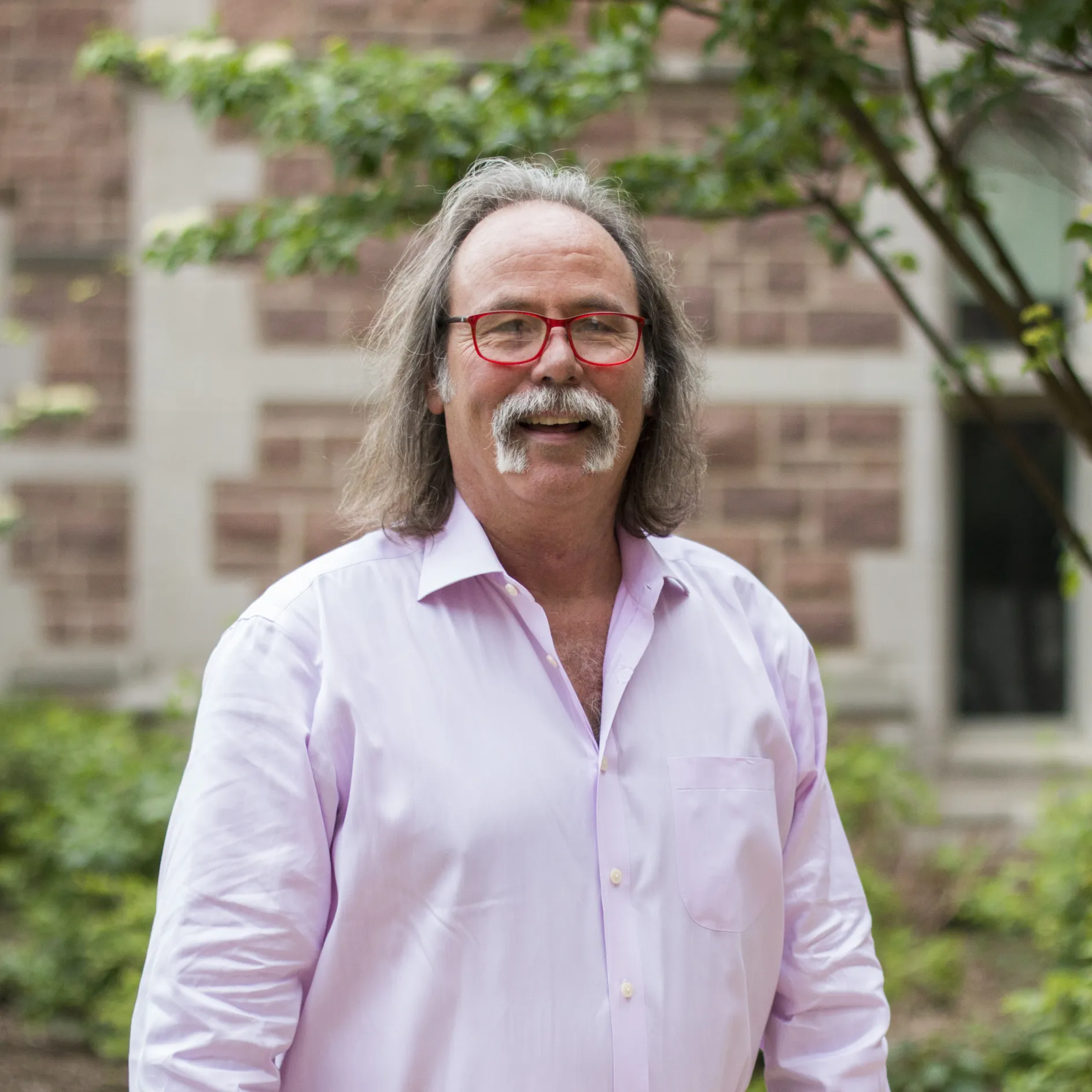Professor Gibson’s research interests are in Law and Politics, Comparative Politics, and American Politics.
James L. Gibson earned his BA in political science from Emory University in 1972 (with highest honors, and membership in Phi Beta Kappa), and his PhD in 1975, from the University of Iowa. After teaching at the University of Wisconsin, Milwaukee, and the University of Houston, Gibson became the Sidney W. Souers Professor of Government at Washington University in St. Louis in 1999. He is also professor of African and African American Studies and Director of the Program on Citizenship and Democratic Values at the Weidenbaum Center on the Economy, Government, and Public Policy. In South Africa, he holds the position of Professor Extraordinary in Political Science at Stellenbosch University.
Gibson has published well over 100 refereed articles and chapters, in a wide range of national and international social-scientific journals, including all of the leading political science journals. He has also published eight books, including the award-winning Overcoming Apartheid: Can Truth Reconcile a Divided Nation? In 2009, Cambridge University Press published his Overcoming Historical Injustices: Land Reconciliation in South Africa. His three South African books – Overcoming Apartheid, Overcoming Historical Injustices, and Overcoming Intolerance in South Africa (co-authored with Amanda Gouws in 2004) – trace the evolution of South Africa’s democracy in the post-apartheid era, and have become known as Gibson’s “overcoming trilogy.” His Citizens, Courts, and Confirmations: Positivity Theory and the Judgments of the American People (co-authored with Gregory A. Caldeira) was published in 2009 by Princeton University Press.
Gibson has served as the President of the Midwest Political Science Association and as an officer of the American Political Science Association. His research has been recognized with numerous awards. Gibson’s overall research agenda on democratization received the 2005 Decade of Behavior Research Award, Decade of Behavior 2000 – 2010 (in recognition of his “research on democracy issues [that] has contributed to the use of social and behavioral science knowledge in policy settings and has enhanced public understanding of behavioral and social science principles”). Moreover, his Overcoming Intolerance in South Africa: Experiments in Democratic Persuasion won the Alexander L. George Book Award (for the best book published in the field of political psychology in 2003), 2004, from the International Society of Political Psychology. Overcoming Apartheid: Can Truth Reconcile a Divided Nation? has received several awards, including the 2006 Award for Conceptual Innovation in Democratic Studies, a tri-annual award from the International Political Science Association Committee on Concepts and Methods (C&M), and Centro de Investigación y Docencia Económicas (CIDE), Mexico, and the 2004 Best Book Award, Organized Section on Race, Ethnicity, and Politics, American Political Science Association. Papers from his research on historical land injustices in South Africa have also won two awards.
His substantive interests are broad and include research currently in progress on public reactions to the trials of the Khmer Rouge in Cambodia, political intolerance and perceptions of freedom in contemporary American political culture, public reactions to the conflict-of-interest/recusal/campaign contributions controversy in which the West Virginia Supreme Court was recently embroiled (Caperton v. Massey), public attitudes toward the filibuster, and a new project on the impact of the symbols of judicial authority on citizens’ perceptions of law and courts. This latter project is currently focusing on how African Americans react to these symbols. In 2011, Gibson received the "Lifetime Achievement Award" from the Law and Courts Section of the American Political Science Association.





